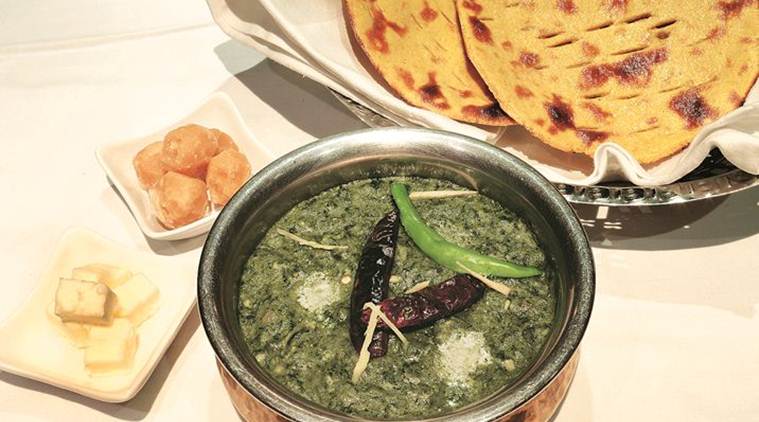
Several scientific studies have suggested that the impact of some of the air pollutants may be reduced by the intake of some dietary components such as antioxidants and anti-inflammatory constituents.
Air pollution has become a burning topic today and it is turning it into a public health threat. Across the world, pollution has been associated with increased risk of respiratory and cardiovascular illnesses and other diseases, including cancer and auto-immune disorders. Several scientific studies have suggested that the impact of some of the air pollutants may be reduced by the intake of some dietary components such as antioxidants and anti-inflammatory constituents.
These are vitamins including Vitamin A, beta carotene, B complex vitamins (B2, B6 & B12), folic acid, Vitamin C & E, minerals including selenium, zinc, iron, copper, and magnesium, essential fats including Omega-3 fats, phytonutrients and probiotics.
Foods rich in Vitamin A and beta carotene including dark greens such as coriander leaves, methi (fenugreek), kale, drumsticks, parsley, cabbage, lettuce, spinach and yellow orange vegetables such as carrots, spinach, broccoli, sweet potatoes, apricots, avocados and mango, butter, egg yolk, cheese and fish liver oils. They are known to fight inflammation, strengthen cell membranes and act as antioxidants.
Vitamin C acts as an antioxidant and protects against reactive chemicals that can harm the body. Detoxifying system in cells require Vitamin C, and toxin exposure increases the need for Vitamin C. Good sources of Vitamin C include aamla, citrus fruits, guavas, tomatoes, green peppers, green leafy vegetables, kiwi, broccoli, and strawberries. A supplement may also be added to your regime under supervision.
Vitamin E also boosts immune functions and increased exposure to toxins further increases the need for this vitamin. It is best taken through natural sources including cold pressed oils, olive oil, avocados, nuts, seeds, apples and green leafy vegetables.
Choosing organic foods wherever possible will help in reducing toxin load on the immune system. Traditional medicine suggests the role of certain special foods such as jaggery, ginger, tulsi, turmeric, ghee and haritaki to combat air pollution.
Jaggery is known to contain an enormous wealth of minerals, vitamins and antioxidants inherently present in sugarcane juice. Our traditional ayurvedic texts, such as Sushrata Samhita, state that it purifies blood and has been prescribed for common health problems like cough, indigestion, constipation. A study published in the Journal of Agrotechnology in 2013 demonstrated the preventive action of jaggery on smoke-induced lung lesions. It is a good source of magnesium, potassium and iron. Magnesium-rich foods strengthen the immune system. Including jaggery on a regular basis can help prevent air pollution related toxicity and reduce the risk of lung cancer.
The research in this field is evolving, and combined with traditional medicine and the science of nutrigenomics, can go a long way in protecting people from the damages of air pollution. However, strategies to reduce the burden of air pollution must remain a core priority with the government, regulatory bodies, people and other stake-holders.
[“Source-indianexpress”]




















